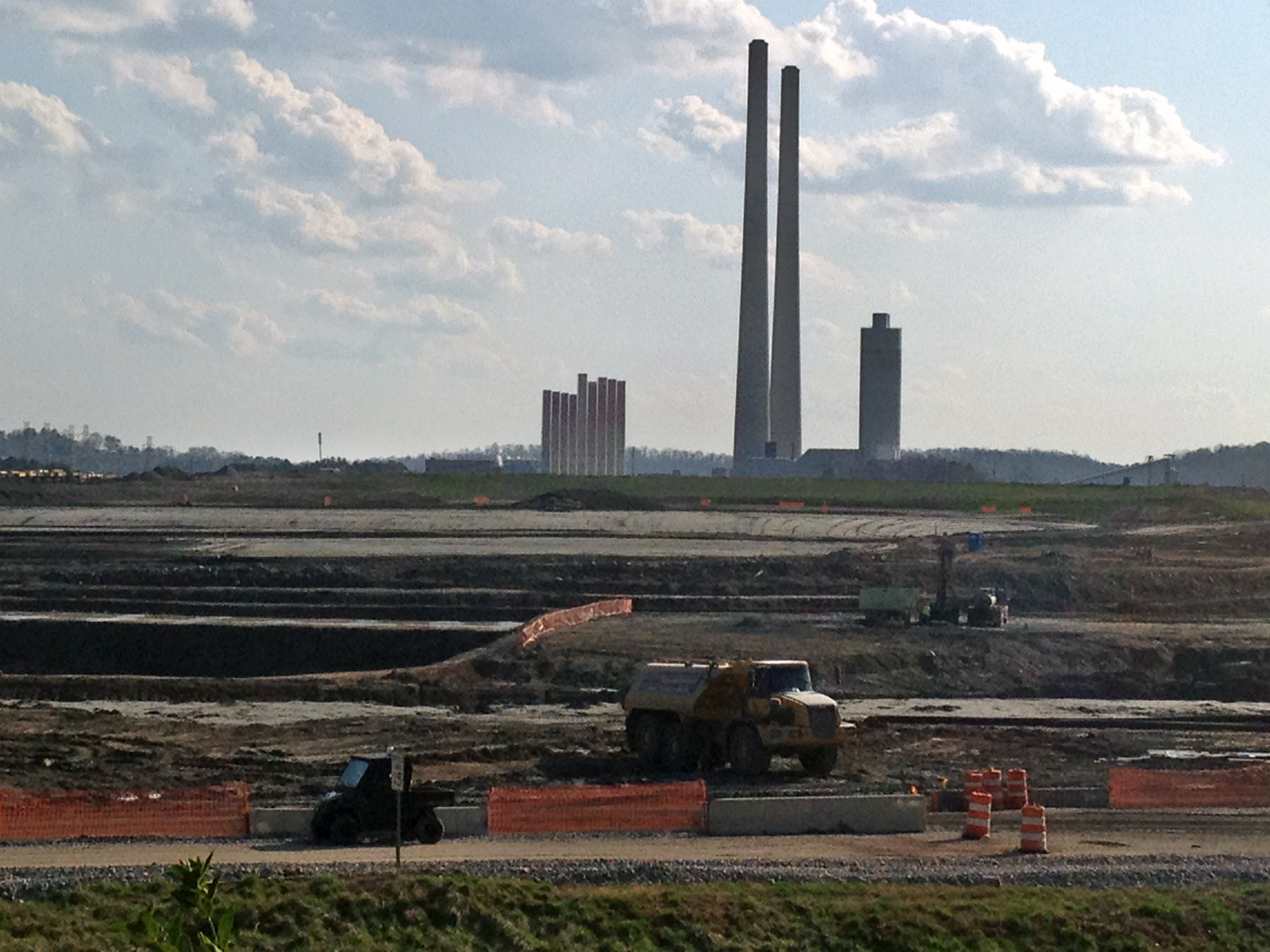
Coal ash is the waste product generated when coal is burned for energy. This waste contains harmful heavy metals, including arsenic, mercury, hexavalent chromium, nickel, lead, cadmium, and selenium. Even low level exposure is linked to cancer, respiratory problems, neurological difficulties, and gastrointestinal disease.
In partnership with the Virginia Conservation Network, the Virginia League of Conservation Voters, and EarthJustice we released a 2015 report which was the first comprehensive examination of coal ash sites in Virginia and regulatory options for managing coal ash disposal practices.
Numerous documented cases of coal ash contamination of groundwater, surface water, and drinking water sources have occurred in the Commonwealth, posing a danger to the health of Virginians and our environment.
The problem is coal ash disposal sites are almost always located in close proximity to rivers, creeks, and streams because coal-fired power plants require large quantities of water, and operators typically dispose of coal ash on-site. Many of these coal ash waste sites are not lined or capped (to prevent leaching of heavy metals) because they predate both modern state and federal solid waste disposal safeguards. In addition, current Virginia regulatory programs continue to lack many basic safeguards to prevent coal ash from polluting water, air and endangering communities.
The reason for this is that the industry has fought for decades to block pollution control standards such as storing coal ash in dry landfills that are properly lined and sited far away from water sources, monitoring to ensure contaminants don’t leach into surface or groundwater, and covering waste sites to prevent the blowing of toxic dust.
In 2019, we helped pass legislation to clean up toxic coal ash in the Chesapeake Bay watershed. The legislation requires all of the nearly 30 million tons of coal ash stored in the Bay watershed at Dominion Energy power plants to be removed from unlined, leaking ponds and transferred to a modern, lined landfill or recycled. This approach to move coal ash off the banks of Virginia's iconic rivers, including the James, Potomac, and Elizabeth Rivers will safeguard clean water.
This coal ash cleanup is an historic step forward, helping to ensure we have a healthy environment for all who live in Virginia. Under EPA regulations, utilities have 15 years to close the coal ash ponds. Clean Water will continue to monitor the situation and hold state regulatory agencies and the industry accountable to ensure this deadline is met.